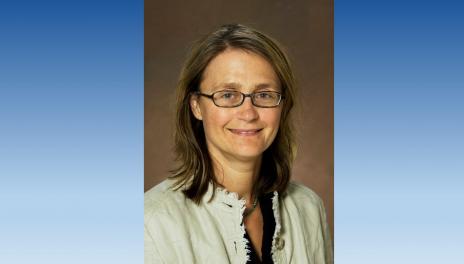Organic researcher named project director for $1.3 million multi-state grant
North Dakota State University associate professor Greta Gramig has been named the project director of a $1.3 million multi-state United States Department of Agriculture–National Institute of Food and Agriculture (USDA-NIFA) grant to design and develop biodegradable composite hydromulches for weed control in organic horticultural farming operations.
The 4-year grant is titled “MulcH2O: Biodegradable composite hydromulches for sustainable organic horticulture” and includes five co-project directors; Lisa DeVetter and Suzette Galinato at Washington State University, Dilpreet Bajwa at Montana State University, Sharon Weyers at the USDA-Agricultural Research Service in Morris, MN and Alice Formiga at Oregon State University.
The overall purpose of the grant is to develop biodegradable and National Organic Production (NOP) amenable mulches that meet Organic Agriculture Research and Extension Initiative (OREI) priorities. The research team will develop composite biodegradable hydromulch formulations and applications procedures and study the effects of the treatment on weed control, soil health, and crop quality and yields for organic vegetables, strawberries and blueberries.
Gramig is an associate professor who joined the Department of Plant Sciences in 2008 to lead the fledgling Weed Biology and Ecology program. Her research on weed control in organic crops has included a study to solve the problems associated with invasion and infestation of organic crop land by two invasive perennial weeds, Canada thistle and field bindweed, tillage and physical weed removal studies, soil improvement studies using cover crops as well as mulch research. Like the rest of the world, North Dakota agriculture has increased organic production, and Gramig’s research has grown along with commercial production.
Gramig relies on farmer collaborators. She has worked closely with organic producers in North Dakota to deliver research they need to establish their production farms, and she would like to establish an organic farmer research advisory council.
